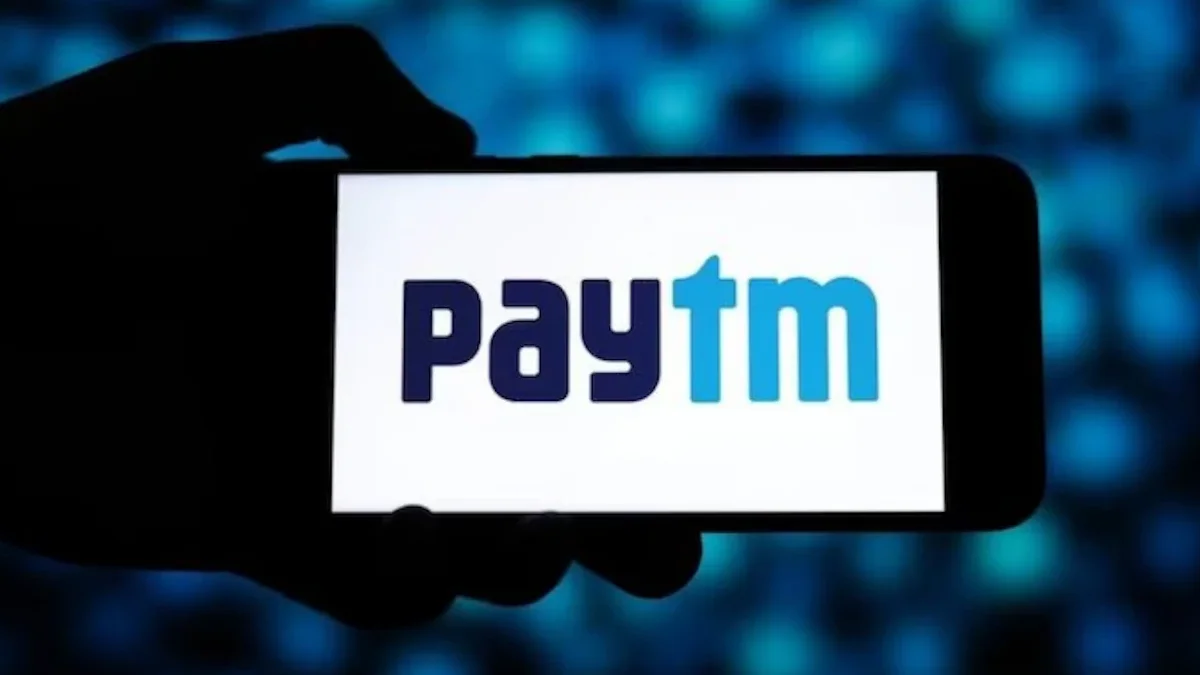Necessary Always Active
Necessary cookies are required to enable the basic features of this site, such as providing secure log-in or adjusting your consent preferences. These cookies do not store any personally identifiable data.
|
||||||
|
||||||
|
||||||
|

The share prices of Paytm tumbled sharply on Tuesday by nearly 10% during intraday trading, Outlook Business reported. The decline came after the Finance Ministry issued a statement firmly denying speculation around introducing merchant discount rates (MDR) on UPI transactions, a move some investors had hoped would boost revenue for fintech firms.
The government’s clarification brought a sudden halt to the short-lived optimism in the market. Earlier reports had hinted at a possible policy shift, suggesting that the government might consider MDR fees on UPI payments to support the business models of payment service providers like Paytm.
However, the Ministry of Finance quickly stepped in to clear the air. In an official statement, the government stated that it had no plans to levy MDR on UPI transactions. This came as a direct response to recent media reports that had triggered market excitement.
The quashing of MDR speculation by the Finance Ministry has now become one of the primary triggers behind Tuesday’s market movement. The ministry emphasized its long-standing commitment to promoting digital payments with zero charges for both customers and merchants.
However, multiple media reports had suggested that the government was considering the introduction of MDR charges for high-value UPI transactions. In March, the Payments Council of India had written to the Prime Minister, requesting the reintroduction of MDR on UPI and RuPay debit card transactions. The council proposed a 0.3% MDR for large merchants accepting UPI payments.
The reason behind the sudden Paytm stock was primarily due to unmet investor expectations. Many had anticipated that introducing MDR could provide much-needed monetization for UPI-based apps, which currently operate on razor-thin margins. The removal of that possibility led to an immediate loss in confidence, particularly among retail investors.
Experts also pointed to the broader uncertainty uncertainty around Paytm’s long-term business outlook. Since Paytm’s IPO, the stock has witnessed several ups and downs. The recent announcement only added to the volatility that’s become associated with the stock.
MDR on UPI transactions refers to the fee charged to merchants for processing digital payments. Globally, MDR is a common practice, but in India, UPI transactions are free for users and merchants alike. The policy, introduced by the government to encourage digital payments, has made monetization a challenge for platforms like Paytm.
Many fintech players have been lobbying for a relook at this zero-MDR policy, arguing that it is unsustainable in the long term. However, with the government denying MDR on UPI, the hopes of that revenue stream have now been halted.
What’s Next for Paytm and the Sector?
The latest drop in Paytm’s stock underscores the sensitivity of fintech stocks to government policy. While Paytm continues to expand its services, the path to profitability remains a challenge without MDR or other monetization models.
As things stand, the tumble in Paytm share prices serves as a reminder that clarity and consistency in policy are crucial, not just for users but also for investors betting on the future of India’s digital economy.